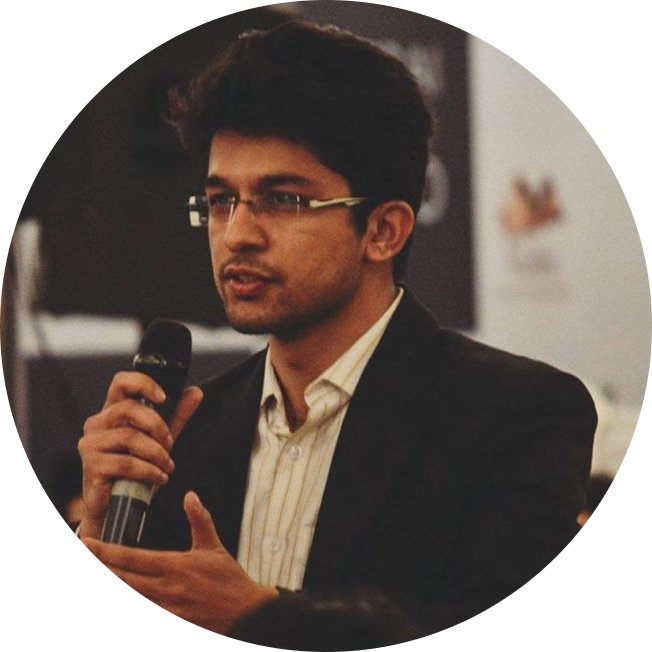BY DEVASHISH CHANDRA
In 2017, Elon Musk commented that artificial intelligence is more dangerous than North Korea. Exponential technological growth led by artificial intelligence and machine learning has generated tremendous fear and anxiety. However, this apprehension isn’t a new one for humanity.
In the 16th century, the scientific revolution, which led to the emergence of modern empirical science, also led to massive societal disruption. Existing ways of looking at the world were challenged. But, the scientific revolution also paved the way for the enlightenment period. It allowed not only scientists like Copernicus, but also writers and philosophers such as Emmanuelle Kant and David Hume, to flourish. Today, the fear is more extreme, as the disruption will be more rapid and intense. While artificial intelligence and machine learning will certainly change our future, humanity can still flourish through the technological disruption ahead.
While we seem obsessed with what machines will be able to do in the future, human potential is not being adequately explored. We should reflect on how new technology can empower humanity. The threats of job loss and collapsing industries are real. Yet, new sectors, industries, and institutions will also be born. This is the story of every phase of human evolution. Hence, we must look at the future from not just a technological lens but also a human one.
Machine learning is at the heart of the technological disruption that we are experiencing. If we examine the term, tracing its journey from its etymological roots to its current use, the focus has been too much on the ‘machine’ and not enough on the ‘learning’. We need to focus on how humans can benefit from new forms of learning. Specifically, the machine learning features of constructivism, collective learning, and lifelong learning offer interesting insights for human learning.
Traditionally, human learning has been instructivist and focused on the transmission of knowledge. In a classroom, this transmission would be from a teacher to a student. The problem with this model is that it views the learner as a passive recipient of information. We need to graduate toward constructivist learning, where the focus is on making learners an active part in the creation of knowledge and not just its consumption. Machine learning is a manifestation of such learning. Under constructivism, knowledge is not a finite quantity transferred from one source to another, but rather is constantly created through the process of learning. In the case of machine learning, algorithms are constantly creating knowledge as they learn. A similar approach needs to be extended to human learning as well.
Like machines, humans should increasingly focus on ‘learning through networks’. Most machine learning algorithms are comprised of networks that learn collectively, with each node in the network contributing to the learning of others. In an increasingly connected world, humans have greater potential to learn collectively. Organizations such as Khan Academy are making critical advances towards collective learning by connecting learners through technology. We need to create more such learning networks for students as well as working professionals.
Human learning can also benefit from the continuous and lifelong process of machine learning. In a machine learning environment, machines are not trained for a finite amount of time to perform tasks, but are taught to keep learning while they perform tasks. After a machine starts learning, it is learning forever. Similarly, humans should extend learning beyond institutions and incorporate it in everyday life. This is especially true in our increasingly complex and rapidly changing world today. We are increasingly encountering global problems without cookie-cutter solutions, such as social exclusion, rising intolerance, and climate change. We need lifelong learners who approach complex problems from the viewpoint of continuously learning as they try to solve them.
There might just be a utopia for human learning somewhere in the future. While machines might play a major role in accomplishing it, humanity should define its contours.

Photo Credit: Aaron Burden via Unsplash
